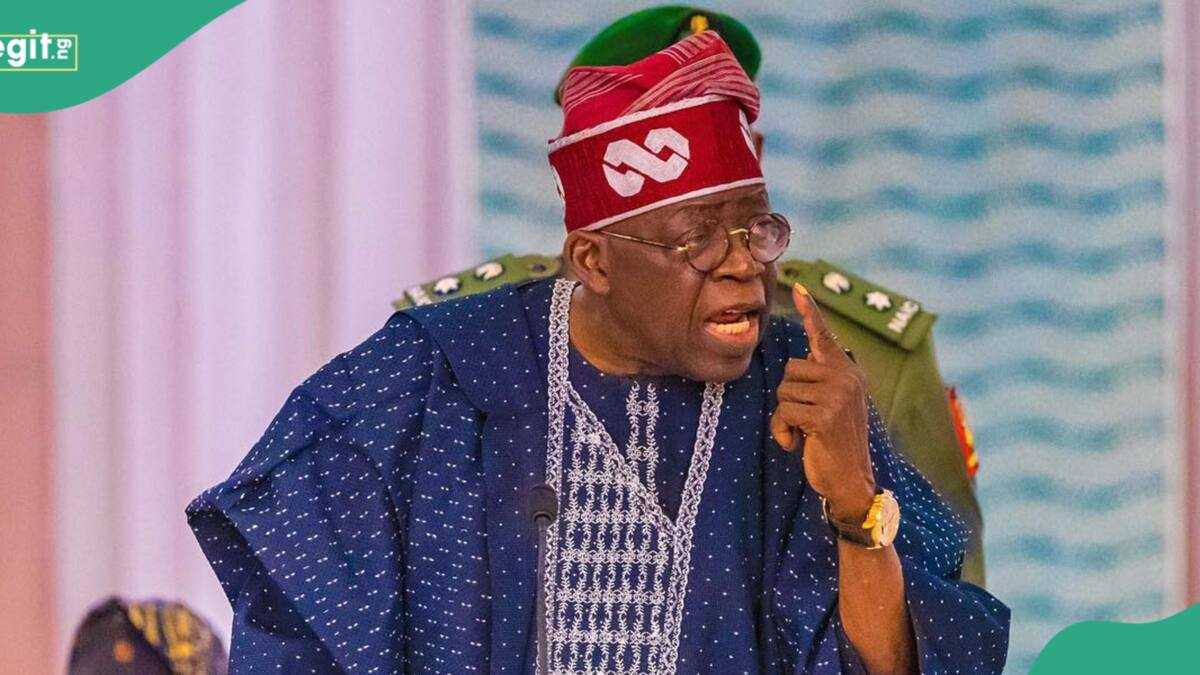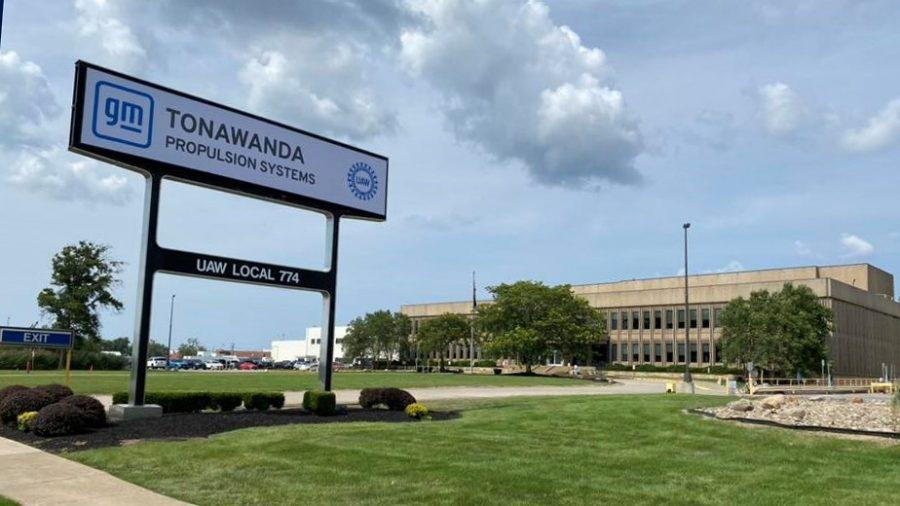Why a strong cedi requires structural change
A strong currency like the Ghana cedi is not built overnight—nor can it be sustained by short-term interventions alone. While recent gains in the cedi may reflect improved confidence or tight monetary management, the long-term value of any currency is ultimately shaped by deeper structural forces.
One of the most important is how and what a country trades. Nations that rely heavily on a narrow set of commodity exports—like gold, cocoa, or oil—are often at the mercy of global price swings. When prices fall, export earnings decline, and the currency comes under pressure.
But when countries diversify their exports and add value through manufacturing or services, they create more stable and resilient sources of foreign exchange. This cushions the currency against shocks and builds long-term strength.
Equally critical is productivity. Economies that produce more efficiently tend to grow faster, export more competitively, and attract investment. Over time, higher productivity leads to stronger currencies because it signals that the economy is generating real value. Without it, countries are forced to devalue their currency to stay competitive.
Fiscal discipline also matters. When governments consistently spend more than they earn, they either borrow heavily or print money—both of which erode investor confidence and weaken the currency. By contrast, nations that manage their budgets and debts prudently tend to enjoy greater currency stability because investors trust that inflation and default risks are low.
Financial sector reforms play a powerful role too. Strong banks and well-developed capital markets attract both domestic and foreign investment, reduce financial panic, and act as buffers during shocks. When people trust the financial system, they are more likely to hold and transact in the local currency.
Demographics and labour market reforms also shape the long-run path of a currency. A young, growing population like Ghana’s can be a major economic advantage—if the right investments are made in jobs, skills, and productivity.
Without those reforms, however, youth unemployment rises and the economy struggles to absorb its own potential, placing pressure on public finances and the exchange rate.
Above all, strong institutions and governance are the bedrock of currency stability. Transparent policies, consistent leadership, low corruption, and respect for the rule of law all foster confidence—locally and globally. Investors and citizens alike are more willing to hold and use a currency when they believe it is backed by credible institutions.
So while temporary gains in the cedi may feel like progress, they can only be sustained through long-term structural change. A stable and valuable currency is a mirror of a nation’s economic health, productivity, and credibility.
For Ghana, that means investing in what matters most: what we produce, how we govern, how we manage our resources, and how we empower our people.












